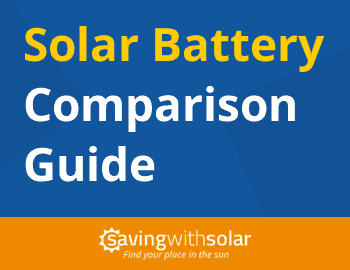It’s probably not overly surprising that the transition to renewable energy involves myriad complex challenges (such as investigation of the ‘settlement rule’) – especially in the energy marketplace itself. Australia’s thermal power generators wield a lot of clout and their lobbyists have been working overtime to keep storage at bay for as long as possible, given the potential for lost profit it represents.
One of the core factors of the electricity market is a ‘settlement period’ – power generators bid to supply electricity in five minute blocks but their actual invoiced price is averaged out over 6 x blocks (30 minutes). This is set up to benefit coal and gas generators (they get a larger return over a longer period) – but batteries, which can be turned on and off at will without long/expensive startup times, are disadvantaged. Since the power companies have invested hundreds of millions on ‘gas peakers‘ (power plants that run ‘on demand’ i.e. in peak hours so they can command a premium price – as opposed to base load plants) they are, unsurprisingly, strongly motivated to get as much of a return on these as possible. Would changing the settlement rule move the goalposts and unfairly discriminate against these companies and the contracts they have already signed?
AEMO Investigate the Settlement Rule
Dr Tony Marxsen of the AEMO (Australian Energy Market Commission) said earlier this week that the main challenge in changing the settlement rule is that it will “affect adversely the business model of investors in gas peaking plants” who have entered into contracts based on the current system. The AEMO have just extended a review into the situation (for the second time).

Zen Energy’s Richard Turner gave the example of 22.03.17 in Adelaide which had four 30 minute periods when, in the first five minutes (of the 30minute averaged period), the bid for wholesale electricity hit $14,000 / mWh – he noted that, ‘when those events happen, the big generators power up to meet that demand. Even if the price is negative in the final few minutes of that 30-minute window, the generators receive the average price for that 30 -minute period of, say, $2500.’
Turner said if there were ‘true’ five minute blocks (i.e. no 30 minute averages) ‘the battery would just come in, grab that demand and eliminate that pricing event’, rather than waiting for generators to ‘fire up and get going’. With that said, there needs to be alternatives to the current crop of renewables for when there’s no sun or wind – how would changing these rules affect the marketplace and feasibility of running plants? It’ll be interesting to see what the AEMO review finds and recommends as current technology dictates that we do need to find a common ground while renewable technology improves over the short-mid term.


